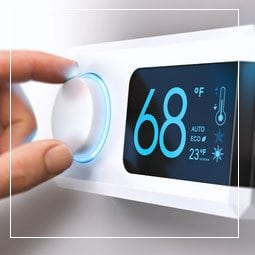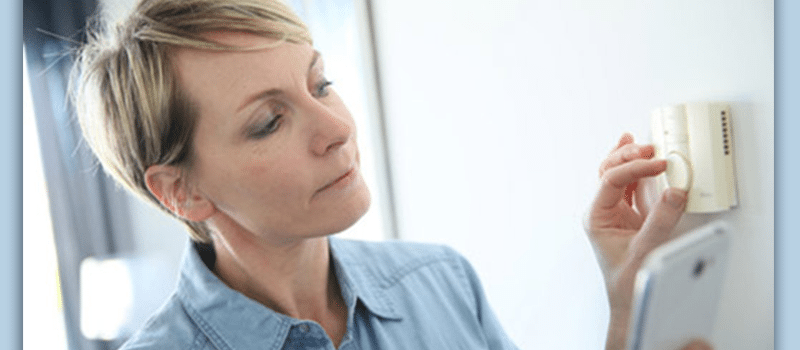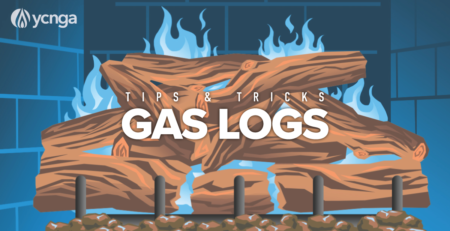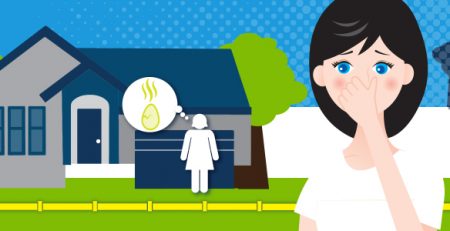Understanding Winter Utility Bills
Return of Old Man Winter Raises Utility Bills –
After several years of unseasonably warm winters, residents are dusting off their heavy coats, dressing in layers… and noticing higher utility bills.
Recent extreme cold weather around the Southeast, and particularly in South Carolina, has driven customers to use record amounts of natural gas. Since natural gas is typically used for heating, record cold and record usage means higher utility bills.
HAVE YOU NOTICED AN INCREASE IN YOUR BILL? Here’s why…
- Since the beginning of January we’ve seen the 8 coldest days on record in over 35 years.
- During the first week of the year, high temperatures were only in the 30’s and low temperatures were in the single digits or teens.
- The previous record for gas usage set in February of 2015 at 68,219 DT* was broken TWICE during the first week of the year. The new record set on Wednesday, January 3, was measured at 70,881 DT*.
- The extended cold, with nighttime temps below 30 degrees continued for 25 straight days – beginning the last 5 days of December through the first 20 days of January.
- This month’s bill may also be higher because of a longer billing cycle. Due to the holidays and severe weather, some billing periods were 35 days instead of the usual period of approximately 28-30 days.
- Thermostats set above 68 degrees result in much higher gas bills.
Since natural gas is typically used for heating, record cold and record usage will mean higher utility bills. Your heating system works to level the temperature in your home, so with lower temperatures outside your heating system runs more often trying to keep up. Think about the outside temperature and the current setting on your thermostat. If it’s 25 degrees outside and your thermostat is set to 70, your heating system is working to increase the temperature by 45 degrees.
*DK = Dekatherm. One dekatherm of natural gas contains one million BTU (one MMBTU) of energy. One dekatherm is equal to 10 therms.
How can I reduce my bill?
According to energy.gov, one of the easiest ways to save money is to turn down your thermostat. Try setting the thermostat to 68 and be sure to lower it when you leave the house or at night while you’re sleeping. Better yet, invest in a programmable thermostat (for around $50 at home improvement stores) and create a schedule that follows your family’s routine.
OTHER ENERGY SAVING TIPS: 
CLOSE VENTS and doors to unused areas
DRESS IN LAYERS
CHECK WINDOWS AND DOORS for gaps – use towels or blankets to block gaps
KEEP BLANKETS HANDY
OPEN CURTAINS to rooms facing the sun, but CLOSE THEM when the sun goes down
Find more tips from energy.gov
See for Yourself
To compare your gas usage over the past two (2) years, log into your account on the YCNGA Online Portal. If you have not set up your online access you will need your account number found on the upper right of your gas bill. Once logged in click on the MY USAGE tab and select BILLING HISTORY from the dropdown menu. There you will find a chart showing a history including past billing date, due date, meter read date and total usage. A typical customer who uses gas year round for cooking, heating and water heat will show high usage in the winter months and lower usage in the summer.

The Good News!
Although it’s cold in S.C. this year and the reality is that you’re using more energy than past years, know that you’re not alone. According to the U.S. Department of Energy, nearly half of all households use natural gas to heat their homes. The good news – natural gas costs less to use than other major home energy sources! Gas rates have stayed relatively stable for several years not fluctuating more than a few pennies in either direction. Currently gas rates for a General Residential customer are $1.02 per therm, with a Preferred Residential Rate (for those who use gas year round) at only $0.97 per therm.
Need assistance with your bill? 
We recognize that high heating bills impose a hardship, especially for elderly or disabled customers on a fixed income. Heating assistance is available through our Feel the Heat Fund. The Feel the Heat Fund was created to enable customers who are financially able and willing to assist others in our community with natural gas utility bills. Donations are collected by YCNGA and transferred to the United Way of York County for funding decisions through their partner agencies. If you or someone you know might qualify for assistance, contact a partner agency to apply. Learn more…













